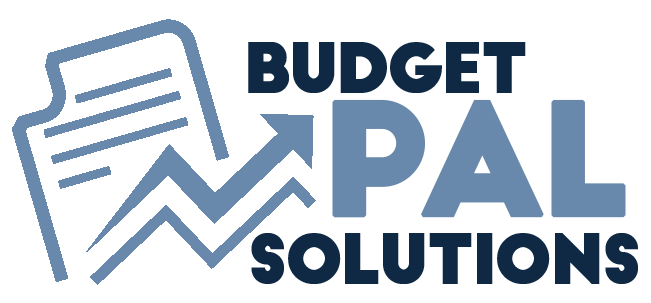Looking to enhance your credit score and gain access to better borrowing opportunities? Budget Pal Solutions offers valuable insights and tips to help you comprehend the impact of your credit score on your borrowing capacity. Explore how your credit score is calculated and familiarize yourself with the factors that lenders consider when evaluating your creditworthiness. Start unlocking greater financial success today by comprehending and improving your credit score.
Your credit score plays a crucial role in your financial life, influencing your ability to borrow money, secure favorable interest rates, and access various financial products and services. Understanding how your credit score is calculated and the factors that impact it can empower you to make informed financial decisions and improve your overall financial health. In this blog post, we’ll explore the importance of your credit score, how it’s calculated, and its impact on your ability to borrow.
What is a Credit Score?
Your credit score is a numerical representation of your creditworthiness, indicating to lenders how likely you are to repay borrowed money based on your past credit history. Credit scores typically range from 300 to 850, with higher scores indicating lower credit risk and better creditworthiness. Lenders use your credit score to assess the level of risk associated with lending to you and determine whether to approve your loan application and what interest rate to offer.
How is Your Credit Score Calculated?
Several factors contribute to the calculation of your credit score, including:
- Payment History: Your history of making on-time payments on credit accounts, such as credit cards, loans, and mortgages.
- Credit Utilization: The percentage of your available credit that you’re using, with lower utilization ratios generally indicating lower risk.
- Length of Credit History: The length of time you’ve had credit accounts open and the average age of your accounts.
- Types of Credit: The mix of credit accounts you have, including credit cards, installment loans, and mortgages.
- New Credit Inquiries: The number of recent credit inquiries or applications for new credit, which can temporarily lower your score.
The Impact of Your Credit Score on Borrowing:
Your credit score has a significant impact on your ability to borrow money and access credit. A higher credit score typically translates to lower interest rates and more favorable loan terms, while a lower credit score may result in higher interest rates and stricter lending criteria. Lenders use your credit score to evaluate the level of risk associated with lending to you and may deny your loan application or offer less favorable terms if your credit score is low.
Importance of Monitoring Your Credit Score:
Regularly monitoring your credit score is essential for understanding your financial standing and identifying any potential issues or inaccuracies that could be affecting your score. You can obtain free credit reports from each of the three major credit bureaus (Equifax, Experian, and TransUnion) once a year through AnnualCreditReport.com and use credit monitoring services to receive regular updates on your credit score and report.
Improving Your Credit Score:
If your credit score is less than ideal, there are steps you can take to improve it over time, including:
-
- Making on-time payments on all your credit accounts.
- Paying down existing debt to lower your credit utilization ratio.
- Avoiding opening multiple new credit accounts in a short period.
- Regularly reviewing your credit report for errors and disputing any inaccuracies.
- Using credit responsibly and maintaining a mix of credit types.

